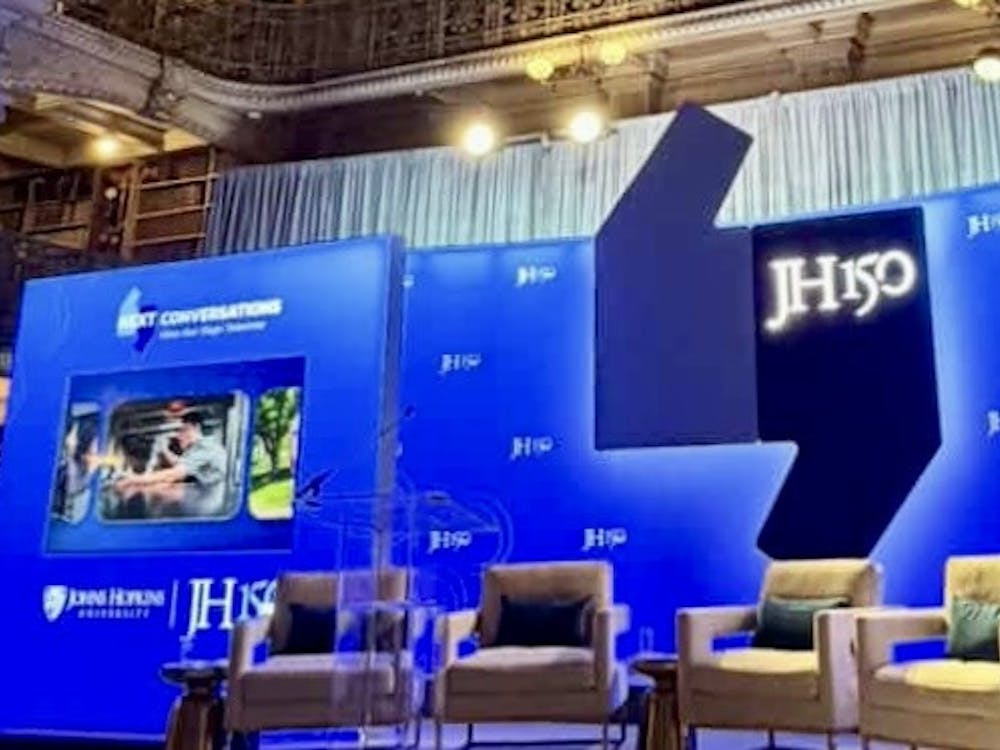Over two-thirds of the adults in America are considered overweight or obese, and nearly two-thirds of those have reported trying to lose that weight. This desire for weight loss fuels a $2.5 billion per year industry, but new research at the Johns Hopkins School of Medicine suggests that many commercial programs may not even be very effective.
The study was led by Kimberly Gudzune, and published in the April 6 issue of the Annals of Internal Medicine. Gudzune, an assistant professor and weight-loss specialist at the School of Medicine, conducted the study with her colleagues in order to help physicians better care for their overweight and obese patients.
Gudzone hopes that her research will give primary care doctors more information about which weight-loss programs would be better to refer their patients too.
The study considered three categories of commercial weight-loss programs: high-intensity plans, which guide participants to set goals and track progress with nutrition and exercise information, as well as counseling sessions; meal replacement plans, which substitute bars and shakes for participant’s regular meals; and self-directed plans, which have participants follow a set of guidelines independently.
Gudzune found that high-intensity programs, such as Weight Watchers and Jenny Craig, were the only programs in which participants lost more weight than the control group that dieted without the help of any program. This was a marginal advantage, however, as they only lost three to five percent more. Participants also lost some weight in the meal replacement programs, such as Medifast, but researchers noted that this was not long-term weight loss. The self-directed plans, such as the Atkins diet, on the other hand, showed no advantage over dieting without a program.
Dr. Jeanne Clark, the study co-author, points out that losing weight only confers long-term health benefits. Losing weight for a couple of months and then regaining it, is much less beneficial. This is why studies need to see if these programs not only help people lose weight, but also help them keep it off for at least 12 months.
The group reviewed nearly 4,200 studies, but considered only those which ran for 12 weeks or longer and involved randomized, controlled trials. This left them with only 39 studies covering 11 commercial weight-loss programs, and they noted that not all the research was conducted equally as well, so more would be needed.
The report stated that doctors should suggest overweight and obese patients try Weight Watchers or Jenny Craig. Other promising programs, like NutriSystem, don’t yet have enough research done on them.
In addition to effectiveness, another consideration is the cost of these programs. While the high-intensity plans worked marginally better than the others, they were also the most expensive, ranging from $570 to $682 per month. Self-directed programs were the cheapest — and in the case of many online plans, free — while meal replacement plans fell somewhere in the middle, since they require buying bars and shakes but not paying for counseling and support.
Perhaps an even more important concern about commercial weight-loss programs is their impact on the public perception of health. Some believe that weight-loss programs such as the ones in this study focus on losing weight quietly rather than making healthy lifestyle changes. The study itself confirms this, since many participants lost weight initially, but were unable to keep it off.
Ultimately, losing weight is difficult, because there is no easy solution, contrary to what many commercial weight-loss programs may claim. It takes hard work and dedication, but if it is motivated by wanting to be healthy rather than by just looking good, success is possible. Everyone needs to make their own decisions when it comes to health, but research such as this aims to help people make better and more informed decisions.




